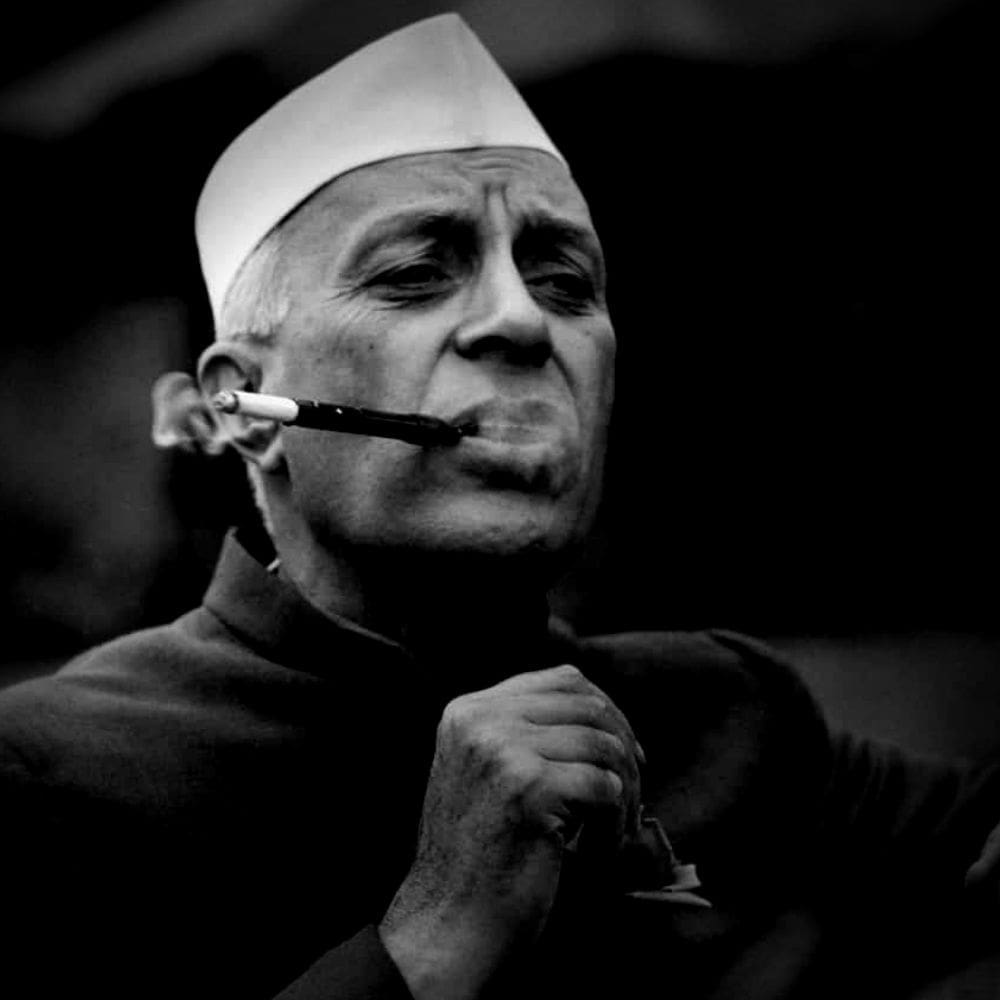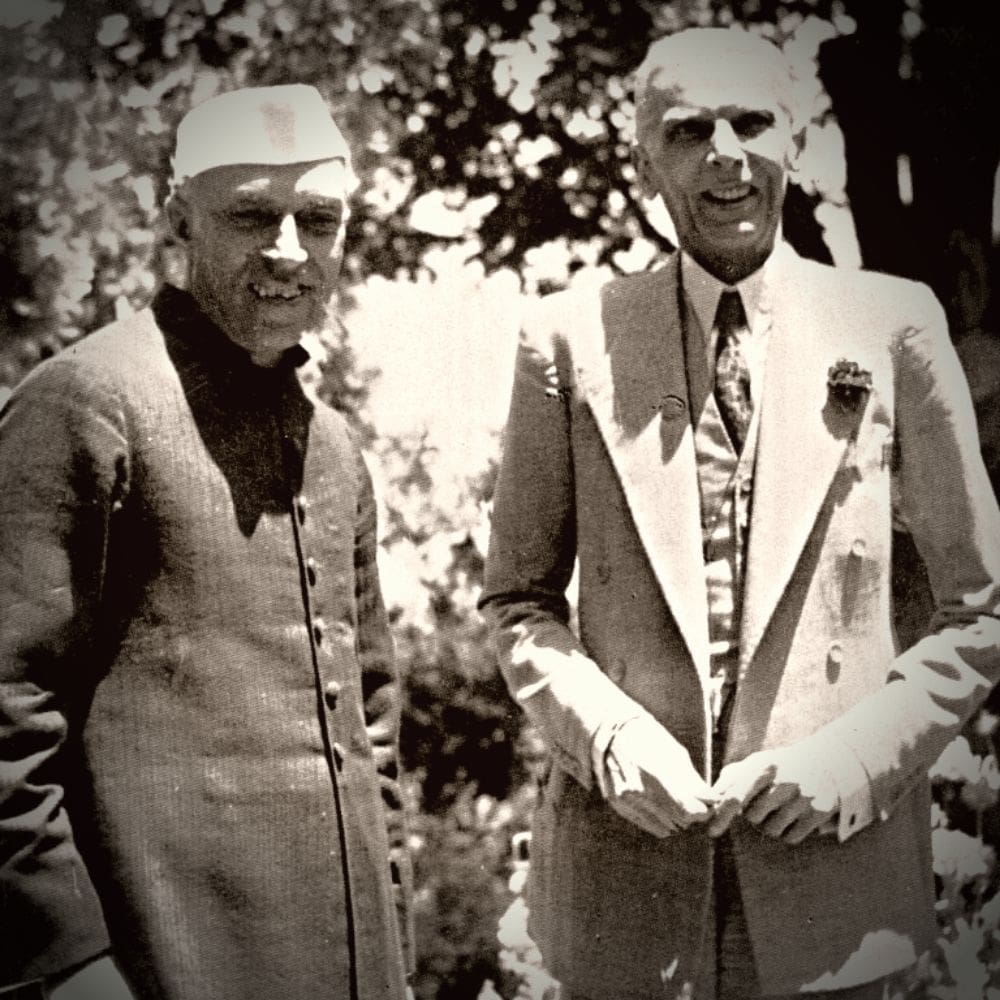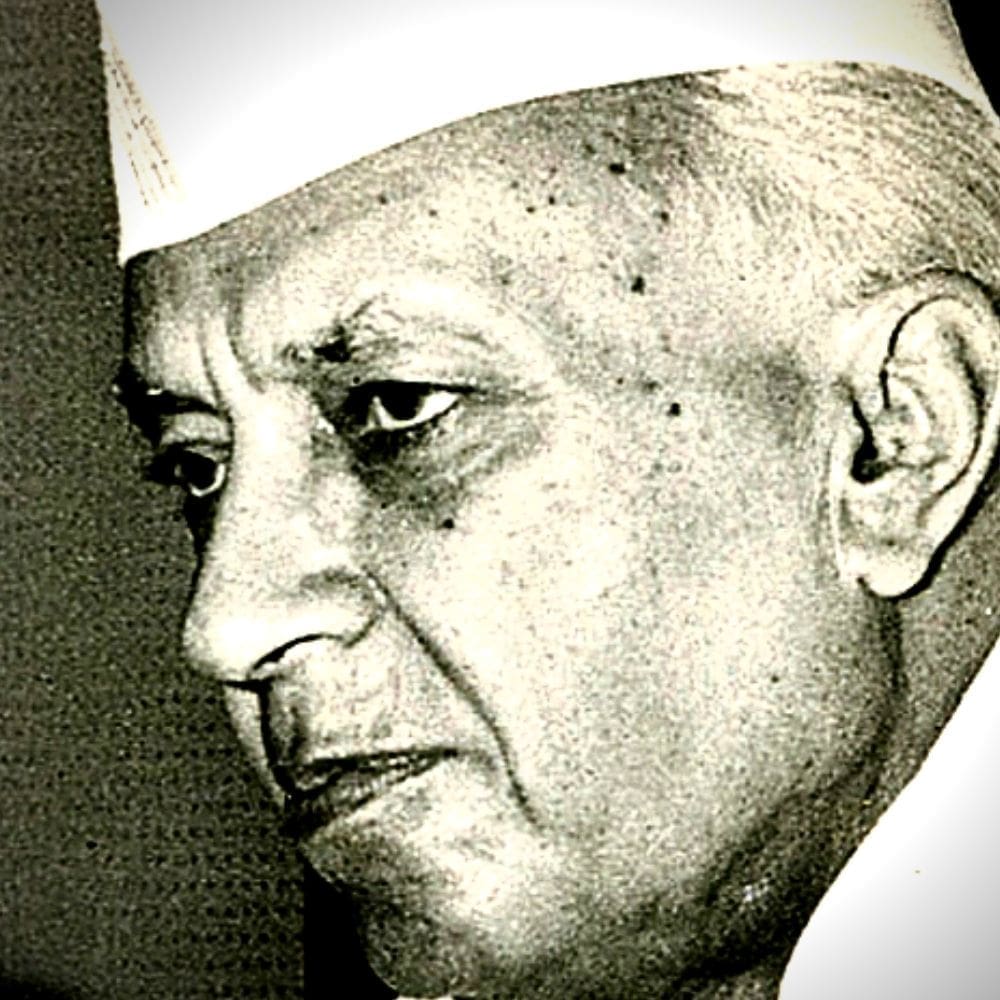USURPING CONGRESS PRESIDENTSHIP IN 1929
Jawaharlal Nehru was given an unfair leg up on Sardar Patel in 1929 by Gandhi, and made President of the Congress, despite the following facts that overwhelmingly made Sardar the deserving candidate. Patel had led the Bardoli Satyagraha of 1928 whose resounding success had made him a national hero and bestowed on him the title Sardar. The Bardoli Satyagraha was the first successful practical implementation of the Gandhian non-violent technique involving the rural masses on the ground.
Nehru lacked such credentials. Besides, Sardar Patel was much senior to Jawaharlal, and a larger number of Pradesh Congress Committees (PCCs: legal body to elect President) had recommended him over Jawaharlal. Yet, Gandhi, most unjustly and undemocratically, asked Patel to withdraw! Gandhi thereby tried to establish an unjust pecking order where Jawaharlal came before Patel. Netaji Subhas Bose had subsequently written: “The general feeling in Congress circles was that the honor should go to Sardar Vallabhbhai Patel.” Acharya Kripalani had remarked that Gandhi’s reasons for preferring Jawaharlal “were personal rather than political…the two were emotionally attached to each other, deny it though they may”.
Jawaharlal’s father Motilal had a major role to play in Jawaharlal’s undeserved elevation. Motilal was the Congress President in 1928. He desired that his position be inherited by his son. Subsequent to Patel’s Bardoli win, Motilal wrote to Gandhi on 11 July 1928: “I am quite clear that the hero of the hour is Vallabhbhai, and the least we can do is to offer him the crown [make him President of the Congress]. Failing him, I think that under all the circumstances Jawahar would be the best choice.” Motilal actively canvassed for Jawaharlal with Gandhi. Nepotism and “fight” for freedom went together: Nehrus from Motilal downwards ensured their family was well taken care of; and that it came first, ahead of the nation! In the long run, the nation paid heavily for Motilal’s brazen nepotism, exemplarily emulated by his dynasty.
The presidentship during 1929-30 was particularly significant: the one who became president was likely to be Gandhi’s successor; and he was also to declare the goal of the Congress as “purn swaraj” or complete independence (so late!!). Jawaharlal was also favoured by Gandhi with an unprecedented second consecutive term in 1930, then another two terms in 1936 and 1937, topped by the critical term in 1946 !
Such privilege was not accorded to any other leader—even Sardar Patel was made President only once for one year! The Old Man’s weakness for the westernized Nehru over the home-spun fellow Gujarati [Patel] was yet another aspect of “Swadeshi” Gandhi’s self contradictory personality. How Jawaharlal managed to become the “spiritual son” of Gandhi is a mystery.
Wrote MN Roy in “The Men I Met”: “It can reasonably be doubted if Nehru could have become the hero of Indian Nationalism except as the spiritual son of Gandhi…To purchase popularity, Nehru had to suppress his own personality…”





